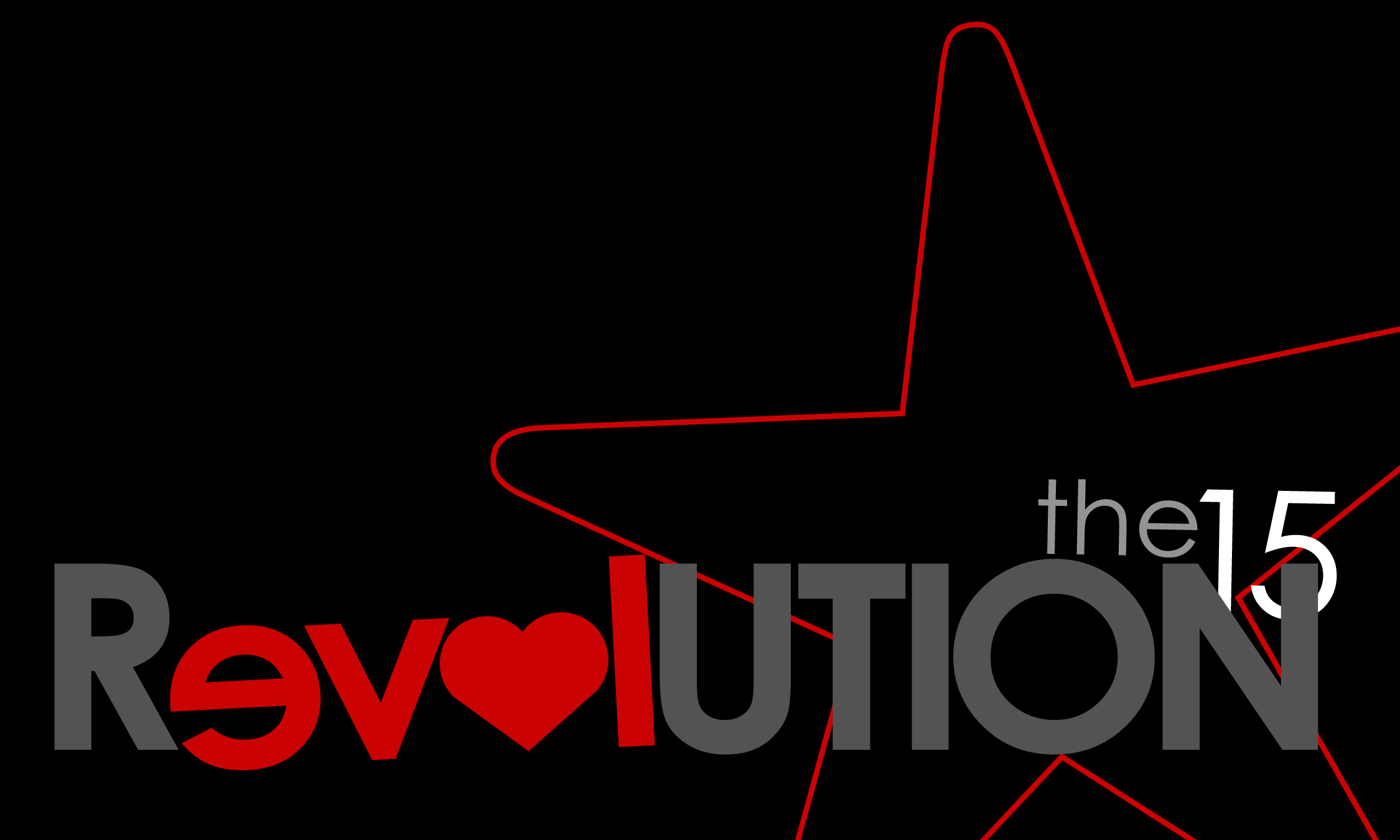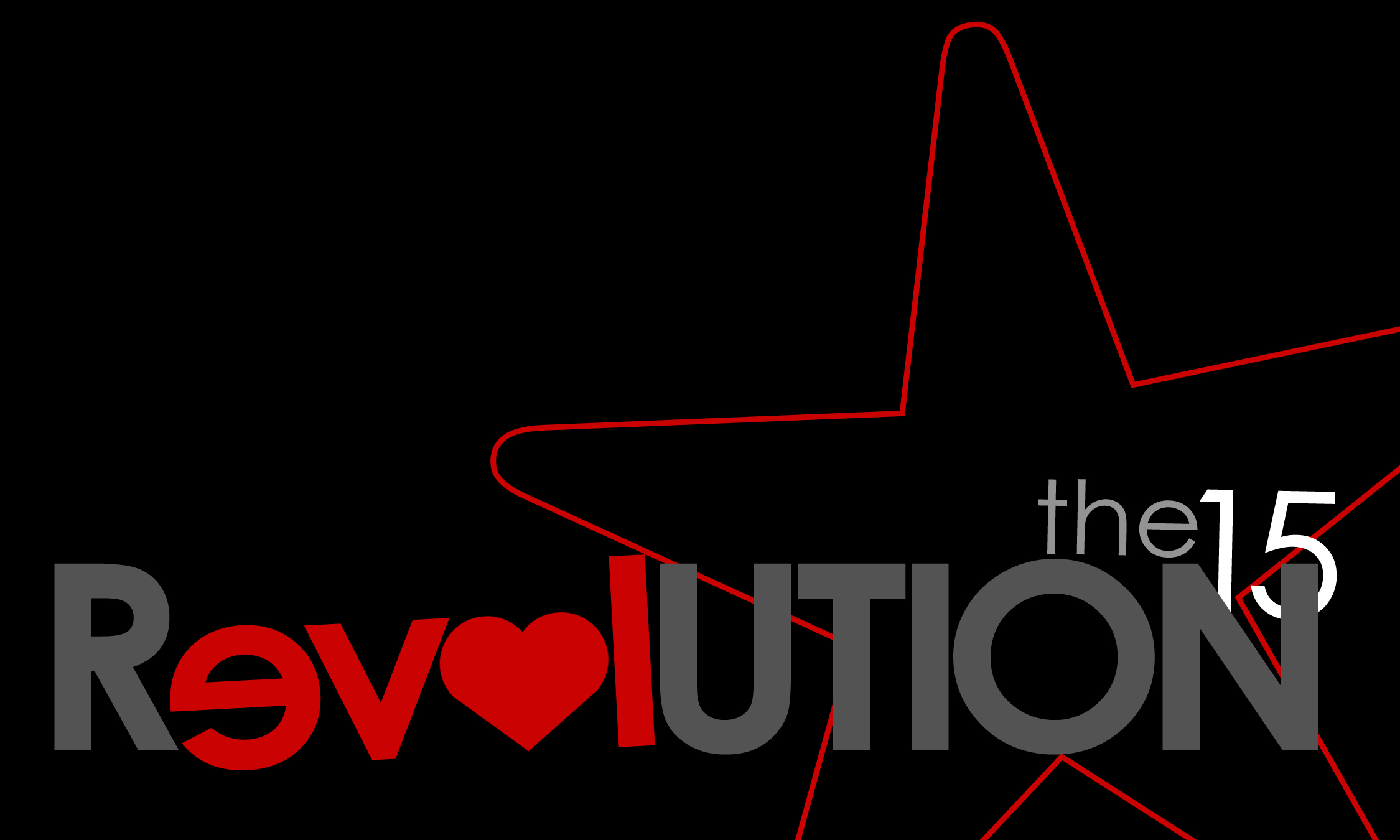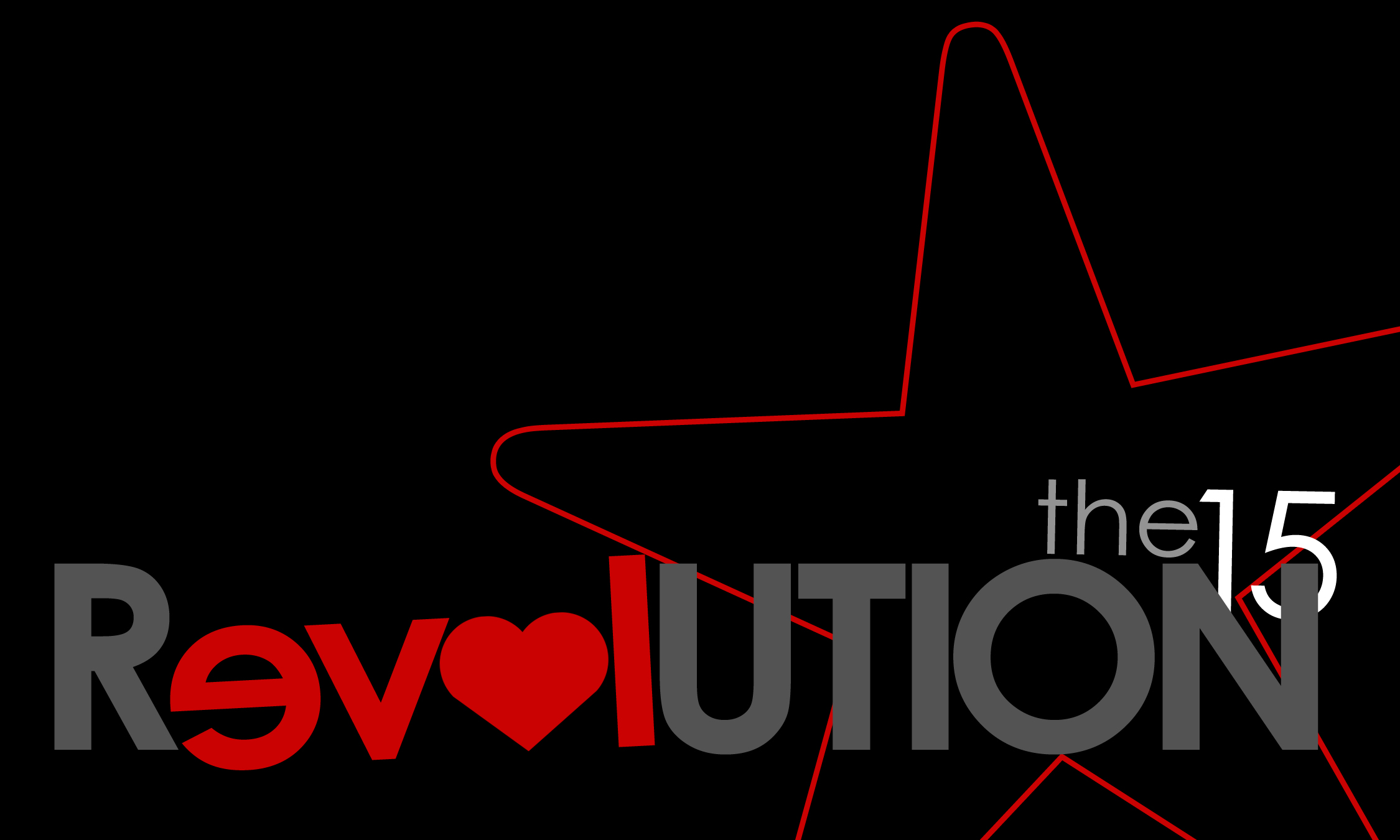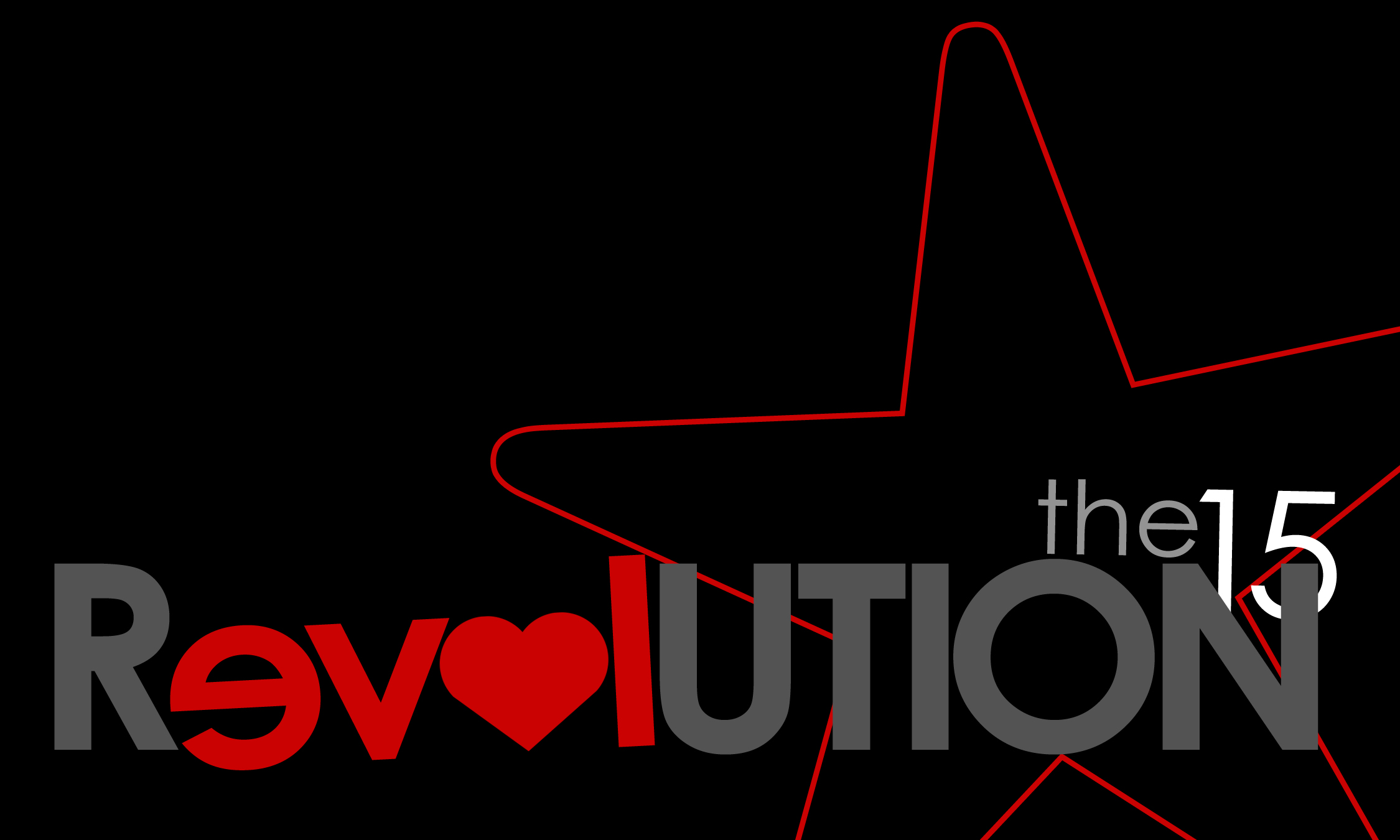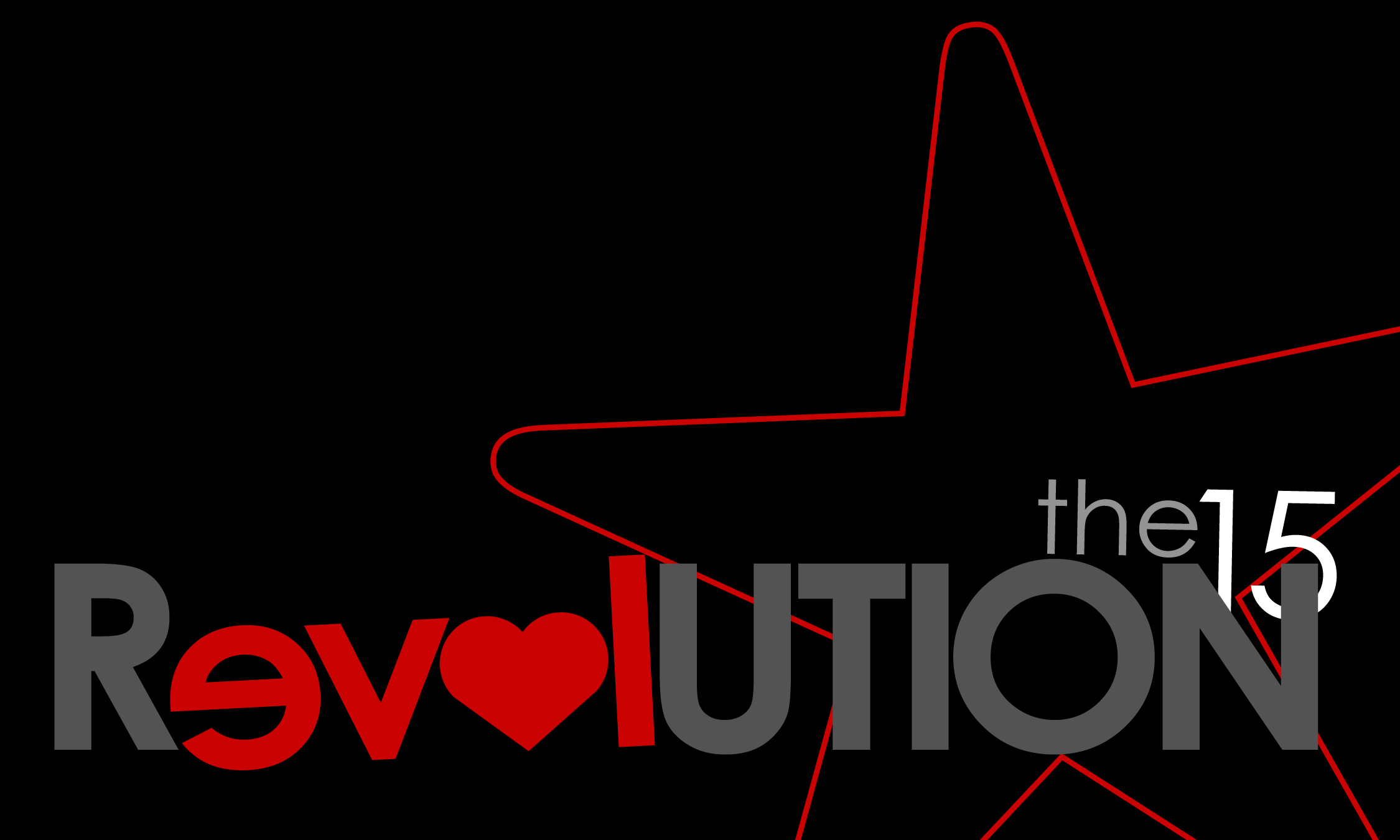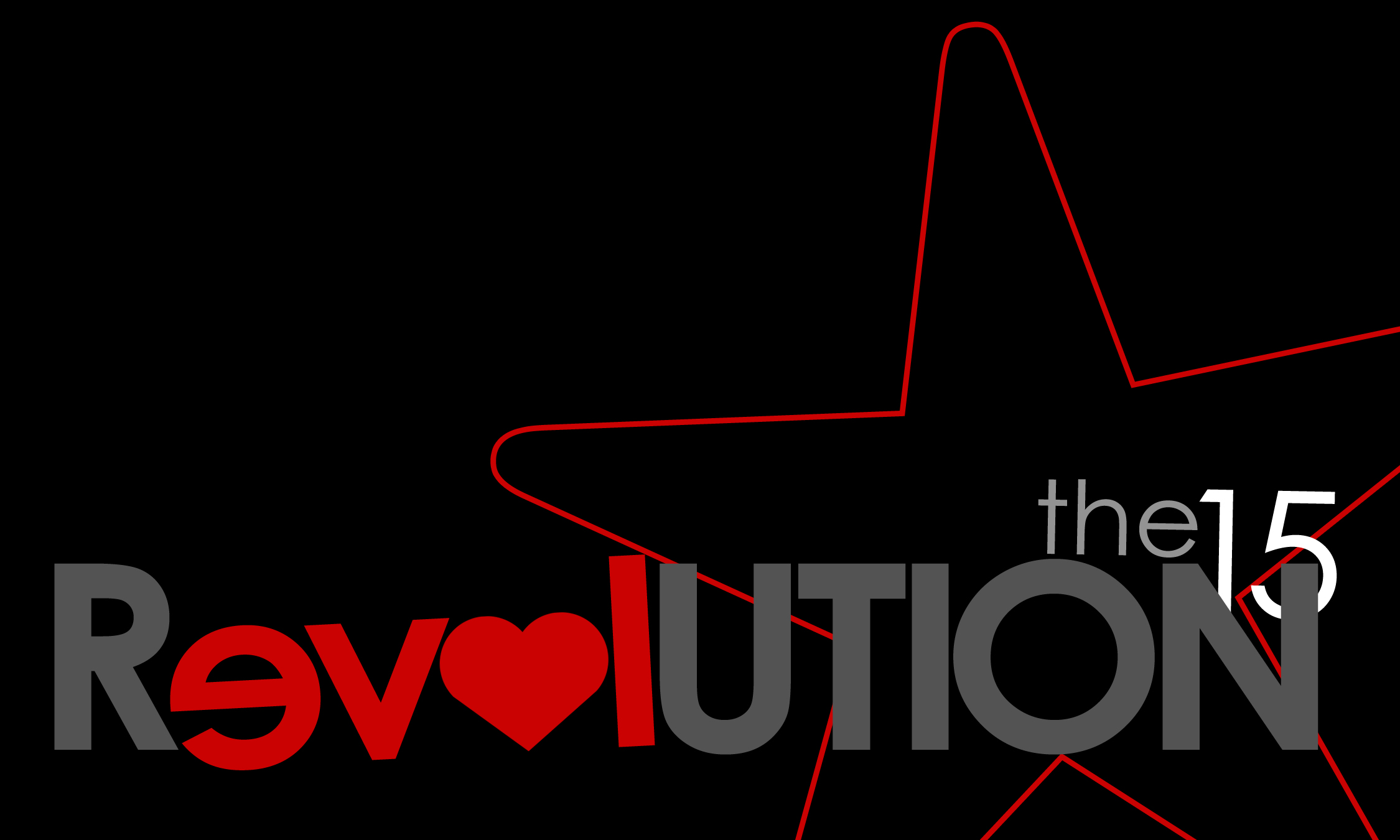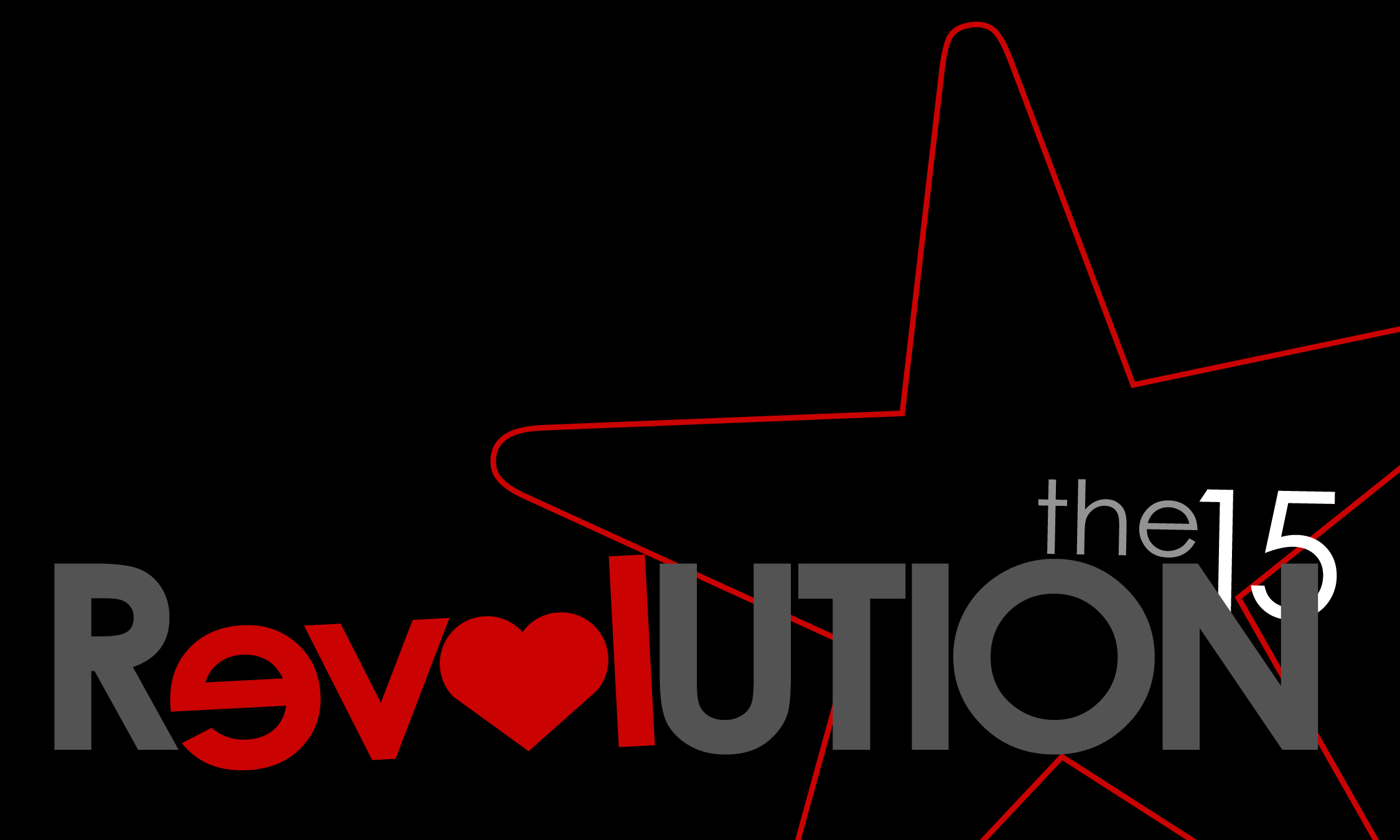Sometimes the Jesus Crowd Keeps People From Jesus
It’s sad but true.
Sometimes the Jesus crowd keeps people from Jesus.
Maybe it’s our baptized in lemon juice attitudes and bitter beer face looks.
Maybe it’s our constant “no” messages (no hats, not skateboards, no food or drink in the sanctuary, no music written after 1980, no fun, no joy…)
Maybe it’s because we look down on people who don’t live like us, think like us or vote like us.
Maybe it’s because we’re heartless and cold toward those who are outside our group.
Maybe it’s because we are fake and hypocritical.
Maybe it’s our “holier than thou” swagger.
Mark chapter 10 describes how the Jesus crowd tried to keep people from Him…
First—parents brought their children to Jesus, asking Him to bless them. His disciples scolded them for “bothering” Jesus. Was Jesus bothered? Yes—but not by the children or their parents… He was upset with his disciples for trying to keep them away. He said, “Let the children come to me. Don’t stop them!” (Mark 10.14)
Second—a blind man named Bartimaeus heard that Jesus was nearby and he started shouting to get his attention. The Jesus crowd yelled at him, telling him to be quiet. Blind Bart just got louder. When Jesus heard him shouting, he stopped and told Bart to come. Bartimaeus came to Jesus and was healed.
This has been going on for a long time…
The Jesus crowd keeps blocking the path of those who want to come.
Here’s the deal: Jesus doesn’t want the path blocked.
He’s not bothered by them at all.
If anything, He’s bothered by the path-blockers.
Jesus is saying, “Let them come to me. Don’t stop them!”
In the final chapter of the Bible, we’re reminded of God’s desire for everyone to come…
The Spirit and the bride say, “Come.” Let anyone who hears this say, “Come.” Let anyone who is thirsty come. Let anyone who desires drink freely from the water of life. (Revelation 22.17 NLT)
Let’s be in step with the Spirt of God—rather than blocking the path, we say “Come!”



